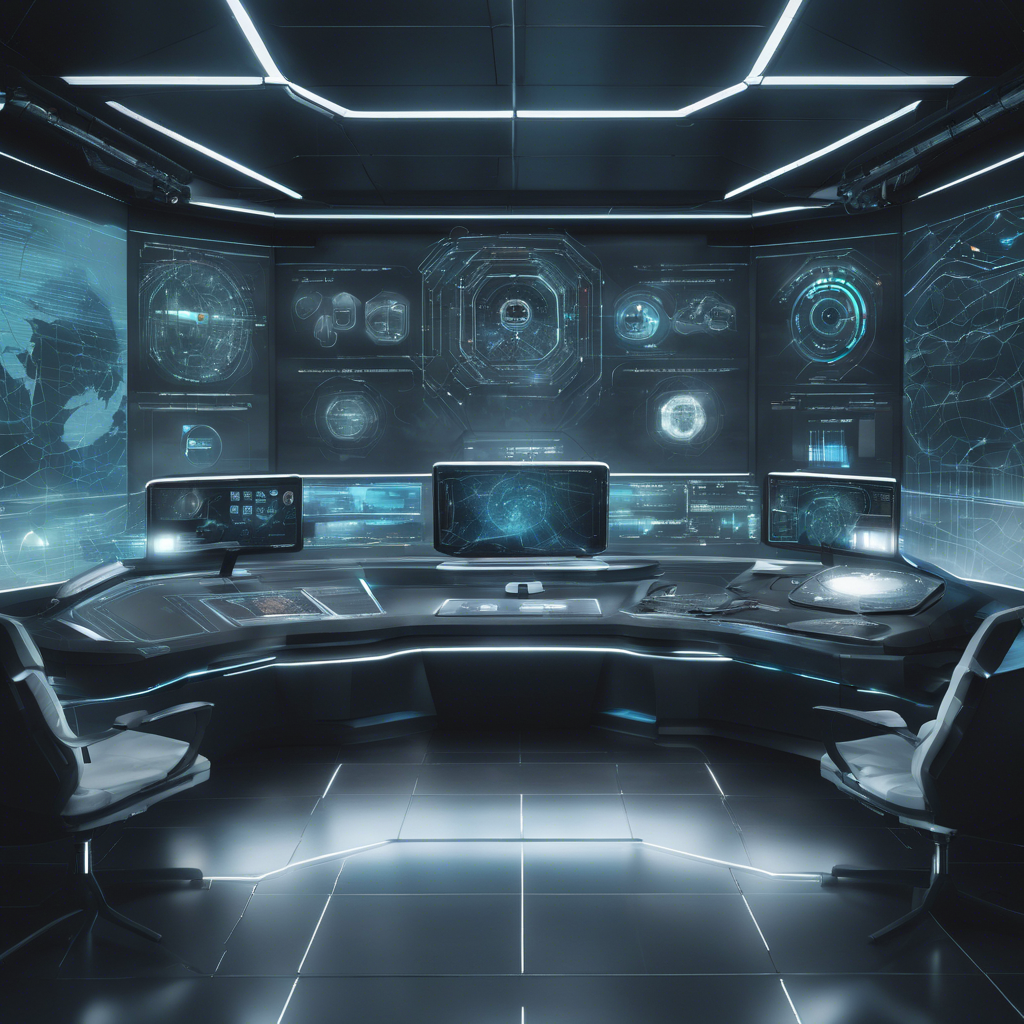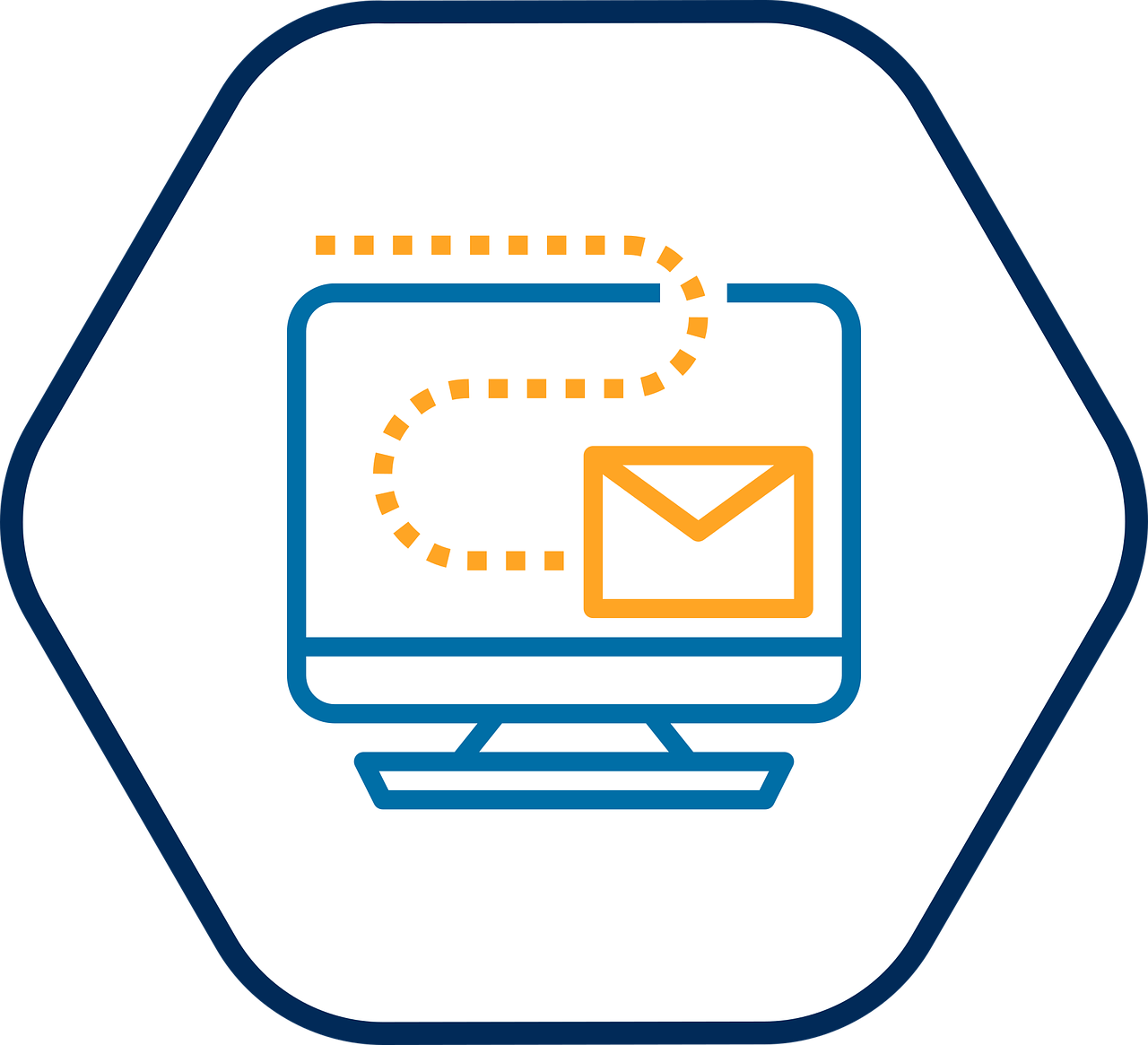Google Unveils Mariner AI Agent with Gemini 2.0 Framework

Brief news summary
Google has unveiled Mariner, an advanced AI agent developed on the Gemini 2.0 framework under the guidance of Jaclyn Konzelmann. This AI is designed to revolutionize user interactions with web browsers like Chrome by enhancing capabilities in reasoning, planning, and task execution. Mariner marks significant progress in AI, facilitating improved multitasking while ensuring necessary human oversight. Currently in its experimental phase, Mariner is set for a full release in 2025. It aims to assist users in tasks such as research, bookings, and purchases, while keeping decision-making in human hands. As a landmark development in AI, efforts to enhance its accuracy and reliability are ongoing. The launch of Mariner has heightened competition, pushing companies like OpenAI, Microsoft, and Amazon to accelerate their AI advancements. Concurrently, U.S. regulators are considering measures to curb Google's market dominance, which could impact Chrome. Mariner signifies a shift from basic task management to complex problem-solving, with potential broad industry implications. Despite its potential, challenges related to privacy, ethics, and AI dependence remain. Mariner's development is poised to influence the future of AI integration, shaping daily life and establishing new technological trends.Google has unveiled Mariner, an advanced AI agent prototype using its Gemini 2. 0 framework, designed to perform tasks for users by reasoning, planning, and employing memory. It allows users to input requests in Chrome, letting Mariner take action, as explained by project manager Jaclyn Konzelmann. This chat-optimized platform follows the release of Gemini 2. 0, enhancing capabilities like complex reasoning and multi-step problem-solving, while maintaining human oversight. Currently in a limited release, Google aims to integrate AI agents into daily activities and workflows. Gemini 2. 0 represents a leap in agentic AI, according to Google CEO Sundar Pichai, enabling systems like Mariner to autonomously carry out intricate tasks. Its "Deep Research" feature can gather and synthesize information into detailed reports, mirroring a skilled assistant. Full public release is expected in 2025; for now, Mariner remains experimental, with accuracy being refined. Mariner redefines user interaction by assisting with web-based activities like research and online shopping. While still requiring user decisions for actions like purchasing, Mariner showcases potential for executing tasks autonomously. The launch has drawn attention from competitors such as OpenAI, who are enhancing their GPT-4 model and integrating it into various applications.
Meanwhile, US regulators are considering legislation to reduce Google's dominance, possibly requiring the sale of its Chrome browser. Google also introduced Project Mariner as a Chrome extension for task automation, echoing features from labs like Anthropic. Microsoft and Amazon are advancing their AI tools in response. Microsoft's partnership with OpenAI refines Copilot for Microsoft 365 and Azure, while Amazon's AWS expands its Bedrock platform for custom AI models. Google's push into agent AI with Mariner and Gemini 2. 0 highlights a shift towards AI tools acting as both assistants and independent problem-solvers, potentially transforming industries like e-commerce and education. However, this brings concerns over privacy, ethics, and AI reliance. Mariner's ongoing development will set standards for future AI systems, as Google's advancements secure its leading role in a competitive field. The narrative surrounding AI continues to grow, with Mariner and Gemini 2. 0 promising to integrate AI as an essential part of daily life, pending how these innovations impact real-world applications. The next year will be critical in assessing the practical effects of these AI agent advancements.
Watch video about
Google Unveils Mariner AI Agent with Gemini 2.0 Framework
Try our premium solution and start getting clients — at no cost to you















